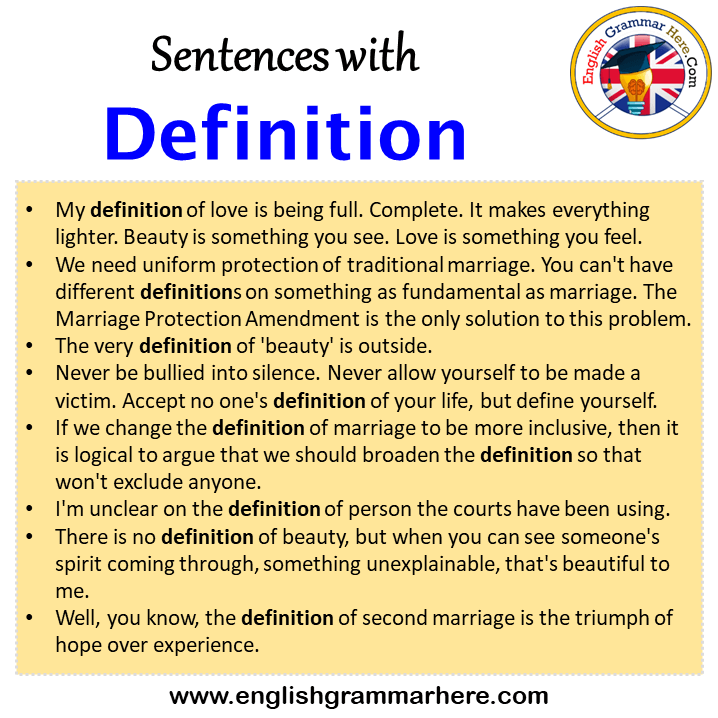Essential Real Estate Terms Explained: From PUDs to Turnkey Investments
Introduction to Key Real Estate Concepts
Navigating the real estate market requires familiarity with a range of specialized terms and concepts. Whether you are buying, selling, or investing, understanding these foundational ideas can empower you to make better decisions, protect your interests, and maximize your returns. This guide provides clear explanations, practical examples, and step-by-step guidance for some of the most important real estate concepts: PUDs, escrow, eminent domain, capital gains tax, REO properties, easements, contingencies, and turnkey investments.
What Is a PUD in Real Estate?
A Planned Unit Development (PUD) is a type of residential community that includes a mix of housing types, such as single-family homes, townhouses, and condos, often combined with commercial spaces and shared amenities like parks, pools, or community centers. PUDs are managed by a homeowners’ association (HOA) that maintains common areas and enforces community guidelines. Owners in a PUD typically pay HOA fees for these services.
Example: Imagine a neighborhood where residents enjoy access to a private pool, tennis courts, and landscaped trails, with all maintenance handled by the HOA. This is a typical PUD layout.
When considering a PUD, review the HOA rules and fees carefully, as they impact your rights, costs, and responsibilities. If you are unsure whether a property is in a PUD, you can ask your real estate agent or check with the local property records office.
What Is Escrow in Real Estate?
Escrow refers to a neutral third-party arrangement that ensures both the buyer’s and seller’s interests are protected during a real estate transaction. An escrow company or agent holds funds, documents, and sometimes property deeds until all agreed-upon conditions are met-such as completing inspections, securing financing, and addressing contingencies. Only then does the escrow agent distribute funds and transfer ownership.
Example: When you submit an earnest money deposit to show you’re serious about buying a home, that money is held in escrow until closing.
To initiate escrow, your real estate agent or attorney will connect you with a reputable escrow company. Always verify the legitimacy of the escrow provider and keep records of all communications and transactions throughout the process.
What Is Eminent Domain in Real Estate?
Eminent domain is the government’s power to seize private property for public use, provided the property owner receives just compensation. Common reasons include building highways, schools, or public utilities. This right is enshrined in the Fifth Amendment of the U.S. Constitution and is overseen by federal, state, and local laws [1] , [2] .
Example: If a city needs land to expand a public road, it may use eminent domain to acquire the necessary property, offering the owner a fair market value price.
If you receive notice of eminent domain action, you have the right to negotiate compensation and may consult a real estate attorney for guidance. For more information, visit your local government’s official website or search for “eminent domain + [your state or city].”
What Is Capital Gains Tax on Real Estate?
Capital gains tax applies to profits made from selling real estate. The IRS taxes these gains differently depending on how long you held the property. If you owned the property for more than a year, you may qualify for a lower long-term capital gains rate. There are also exemptions for primary residences if certain conditions are met (such as living in the home for at least two of the last five years before sale).
Example: If you buy a home for $200,000 and sell it for $300,000, your capital gain is $100,000. If it was your primary residence, you may exclude up to $250,000 ($500,000 for married couples) from taxable gains, subject to IRS rules.

Source: thebluediamondgallery.com
For detailed information, consult the IRS website or a certified tax professional. Searching “IRS Topic No. 701 Sale of Your Home” can provide up-to-date guidelines.
What Is REO in Real Estate?
REO stands for “Real Estate Owned” and refers to properties that have gone through foreclosure and are now owned by a bank or lender. These properties are often sold as-is and can offer opportunities for buyers willing to make repairs or renovations.
Example: A homeowner defaults on their mortgage, the lender forecloses, and the home fails to sell at auction. The bank takes ownership, and the property becomes an REO listing.
To find REO properties, check major real estate websites, contact banks’ REO departments, or work with agents specializing in foreclosures. Carefully inspect REOs and budget for repairs before making an offer.

Source: texasrealestatesource.com
What Is an Easement in Real Estate?
An easement is a legal right allowing someone other than the property owner to use part of the property for a specific purpose, such as access to utilities, driveways, or shared pathways. Easements can be temporary or permanent and are usually recorded with the property deed.
Example: A utility company might have an easement to run power lines across your property, or a neighbor may have a right-of-way easement to access their land via your driveway.
Always review the title report and disclose any easements before buying or selling a property. If you need to create or dispute an easement, consult a real estate attorney.
What Is a Contingency in Real Estate?
A contingency is a condition that must be met for a real estate contract to become binding. Common contingencies include financing approval, satisfactory home inspection, and appraisal. If a contingency is not met, the buyer or seller can withdraw from the deal without penalty.
Example: A buyer’s offer might be contingent on selling their current home within 60 days. If the sale doesn’t happen, the buyer can cancel without losing their earnest money deposit.
When drafting an offer, discuss contingencies with your agent to protect your interests. Both parties should understand the deadlines and requirements for each contingency to avoid disputes.
What Is Turnkey in Real Estate?
Turnkey refers to a property that is fully renovated, furnished, and ready for immediate occupancy or rental. Turnkey properties are often marketed to investors who want minimal involvement in repairs or management.
Example: An investor buys a turnkey single-family home that already has tenants, property management, and all maintenance handled by a third party.
To invest in turnkey properties, research companies that specialize in sourcing, renovating, and managing such investments. Always verify the company’s track record and inspect the property before proceeding. Searching for “turnkey real estate investment companies + [your city]” can help you find options.
How to Access Real Estate Services and Opportunities
To access the services and opportunities described above:
- PUDs: Ask your real estate agent to identify PUD listings and provide HOA documents for review.
- Escrow: Work with your agent or attorney to select a registered escrow company; confirm licensing via your state’s Department of Real Estate or Consumer Affairs office.
- Eminent Domain: If notified, consult a real estate attorney and visit your city or state’s official website for process guidelines.
- Capital Gains Tax: Consult a CPA or tax advisor, or visit the IRS website for updated forms and exemption criteria.
- REO Properties: Search major listing platforms, contact local banks’ REO divisions, or use a real estate agent with foreclosure expertise.
- Easements: Review the title report or consult a property lawyer for clarification or disputes.
- Contingencies: Ensure all contingencies are clearly defined in the contract and monitored through to closing.
- Turnkey Investments: Research reputable turnkey providers in your desired market and request references and property tours.
For all real estate needs, consider contacting a licensed real estate agent or attorney, and use official resources provided by government agencies, such as your local land records office or the U.S. Department of Housing and Urban Development.
References
MORE FROM searchhole.com













